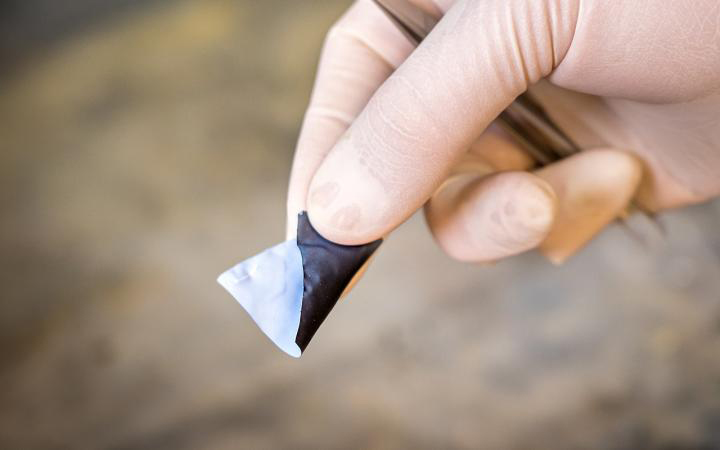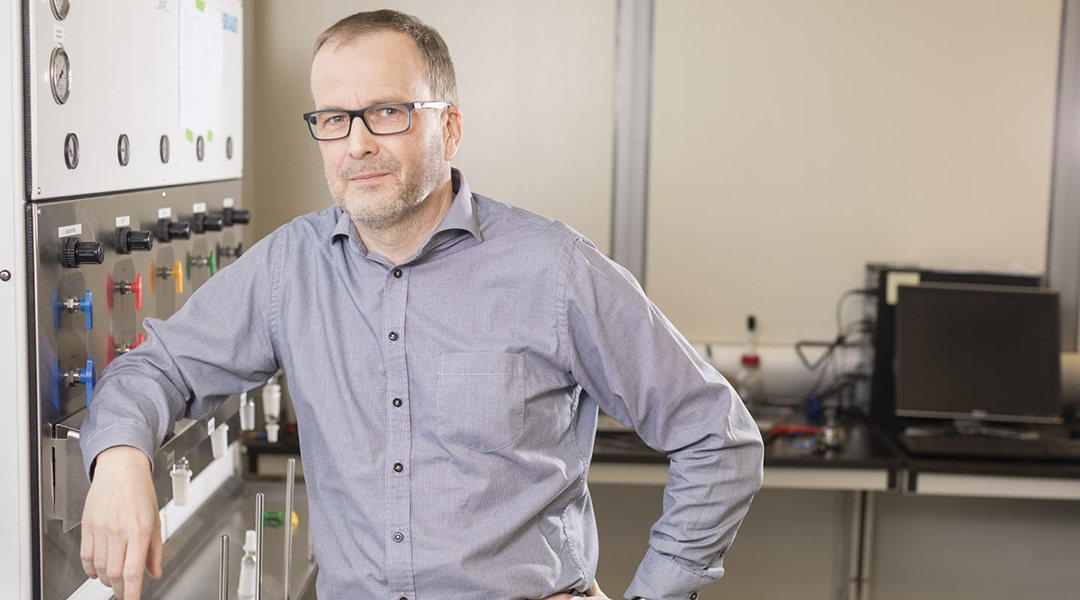A “spillway” for electrons could keep lithium metal batteries from catching fire.


A “spillway” for electrons could keep lithium metal batteries from catching fire.

Researchers from Newcastle University and the James Hutton Institute explore how catchment systems engineering can be a holistic approach to solving some environmental problems.

York University researchers have discovered a way to make lithium-powered batteries more environmentally friendly while retaining performance, stability and storage capacity.

A new catalyst optimization technique could improve the efficiency of piezophototronic materials.

A new eco-friendly perovskite solar cell improves stability and minimizes harmful solvents and lead leakage found in conventional cells.

Researchers develop a composite membrane for long-lasting zinc-based flow batteries.

Perovskites have been discovered to be a cheap alternative for Faraday rotators.

Researchers at UC San Diego bring lithium metal batteries one step closer to commercialization with their new ultrasound device.

For the UK to make headway with its ambitious Absolute Zero plan, it calls for an administration that understands the subject and what is needed for its success.

Researchers propose printing electrodes for lithium-ion batteries on an inkjet printer, which will reduce the electrodes’ thickness by 10-20 times.